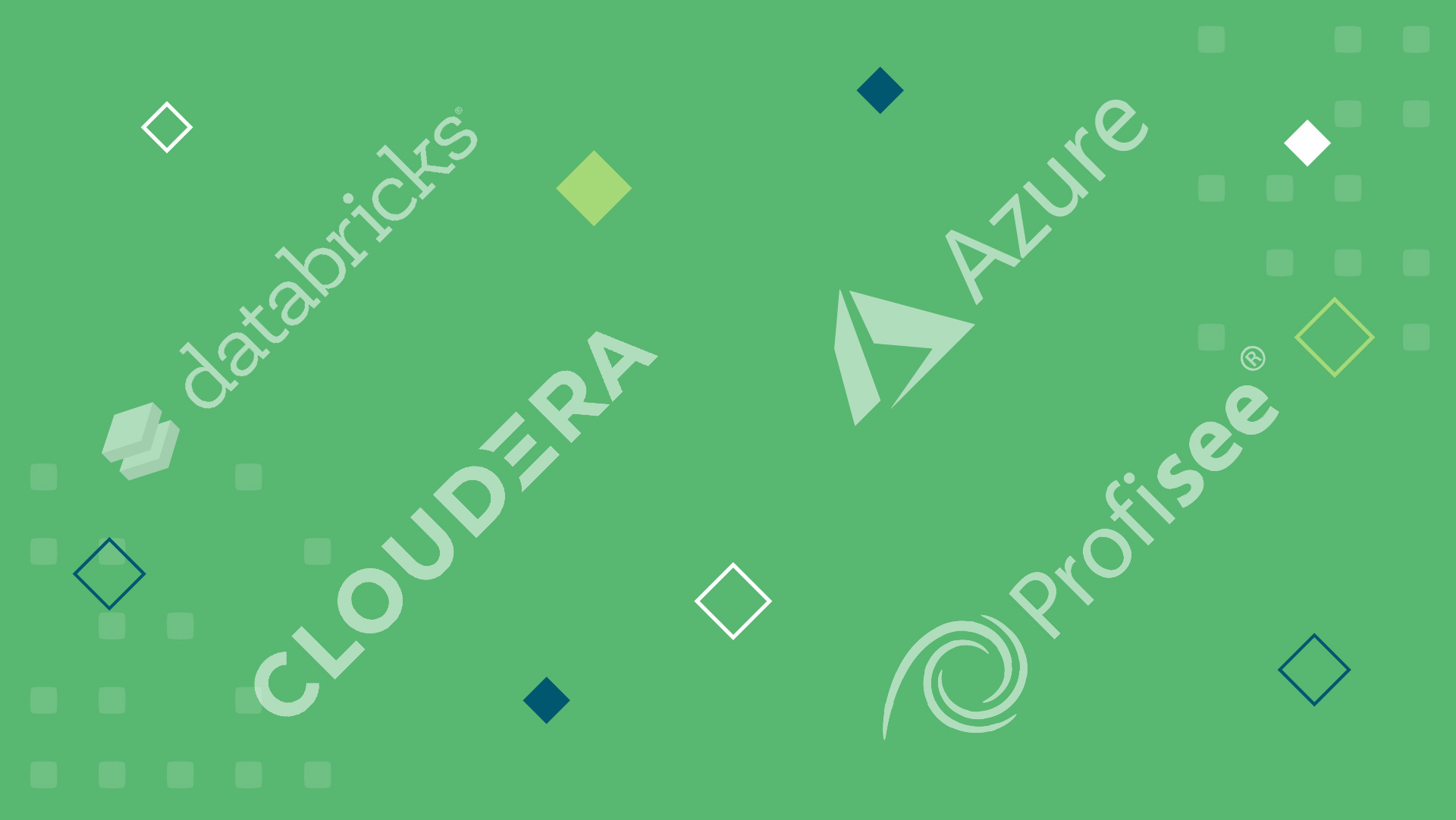If data is the currency of today’s enterprises, analytics is the key to unlocking access to that currency. Without accurate analytics, data is just dormant information—useless, wasted, and needlessly expensive to store.
While there’s certainly an array of analytics solutions for data stored on-premises, the widespread availability of cloud solutions has opened the doors to advanced insights and analysis.
Here are three reasons migrating to the cloud enhances your advanced analytics capabilities.
 1. Access to features
1. Access to features
Generally speaking, the majority of innovation and investment in new analytics capabilities happens in the cloud.
That’s not to say you can’t achieve some of the same capabilities on-premises, but this requires building customer solutions.
In the cloud, on the other hand, you can take advantage of different features and integrations to speed up your transformation and manipulation of data. These features and integrations are constantly being iterated upon, which means future insights can be unlocked without the need to invest in major upgrades to an on-premises solution.
 2. Greater flexibility
2. Greater flexibility
With the cloud, you have more ways to partition out your data for different uses by different audiences.
The flexibility in storage—which is generally much more cost-effective than adding storage on-premises—and flexibility in access translates into new opportunities for analyzing and using data.
The more data you store, the more ways you can manipulate and present information, the greater insight you can unlock.
Click here to learn more about how Advanced Analytics can help you stay competitive.
 3. Business intelligence
3. Business intelligence
Conducting your analysis in the cloud makes it easier to look backwards more often by providing you with the ability to run your computation logic at scale. Put another way, the more data you analyze—and the more often you analyze it—the more likely you are to find greater insights.
This ability to compute at scale also makes looking forward easier. Artificial Intelligence (AI) and Machine Learning (ML) can help you make decisions quickly, but they require large data sets to be used effectively.
Whereas storing that data on-premises could easily be cost-prohibitive, the cloud makes it easier—and much cheaper—to scale based on the needs of your AI and ML integrations.
Looking to migrate your enterprise to a cloud-based solution? Download our free whitepaper, Big Data Made Simple.
Categories
- Cloud Migration and Adoption
- Enterprise IT and Infrastructure
- Artificial Intelligence and Machine Learning
- Data Management and Analytics
- DevOps and Automation
- Cybersecurity and Compliance
- Application Modernization and Optimization
- Featured
- Managed Services & Cloud Cost Optimization
- News
- Workplace Modernization
- Tech We Like
- AWS
- Social Good News
- Cost Optimization
- Hybrid Cloud Strategy
- NVIDIA
- Application Development
- GPU

/big-data-made-simple_redapt_2019WP-Preview1.jpg?length=400&name=big-data-made-simple_redapt_2019WP-Preview1.jpg)
/big-data-made-simple_redapt_2019WP-Preview2.jpg?length=400&name=big-data-made-simple_redapt_2019WP-Preview2.jpg)
/big-data-made-simple_redapt_2019WP-Preview3.jpg?length=400&name=big-data-made-simple_redapt_2019WP-Preview3.jpg)




